FTC Hits Amazon With Antitrust Suit Alleging Illegal Monopoly Power Stifles Competition
The Federal Trade Commision has finally filed a long awaited antitrust suit against Amazon, citing an "ongoing pattern of illegal conduct" that blocks competition, and allows the company to "wield monopoly power to inflate prices, degrade quality, and stifle innovation for consumers and businesses."
17 state attorneys general joined in the suit as well, alleging anti-competitive conduct that stifles competition on price, product selection, and quality, and prevents rivals from attracting shoppers and sellers.
According to FTC Chair Lina M. Khan:
Our complaint lays out how Amazon has used a set of punitive and coercive tactics to unlawfully maintain its monopolies.
The complaint sets forth detailed allegations noting how Amazon is now exploiting its monopoly power to enrich itself while raising prices and degrading service for the tens of millions of American families who shop on its platform and the hundreds of thousands of businesses that rely on Amazon to reach them.
Today’s lawsuit seeks to hold Amazon to account for these monopolistic practices and restore the lost promise of free and fair competition.
Deputy Director of the FTC’s Bureau of Competition John Newman echoed the sentiments:
We’re bringing this case because Amazon’s illegal conduct has stifled competition across a huge swath of the online economy. Amazon is a monopolist that uses its power to hike prices on American shoppers and charge sky-high fees on hundreds of thousands of online sellers.
Seldom in the history of U.S. antitrust law has one case had the potential to do so much good for so many people.
The suit is wide-ranging, taking Amazon to task for anti-competitive pricing policies, Amazon FBA and Prime eligibility requirements, manipulating search with "junks ads", preferencing their own products, and exorbitant seller fees which are passed along to buyers in the form of higher prices.
- Anti-discounting measures that punish sellers and deter other online retailers from offering prices lower than Amazon, keeping prices higher for products across the internet. For example, if Amazon discovers that a seller is offering lower-priced goods elsewhere, Amazon can bury discounting sellers so far down in Amazon’s search results that they become effectively invisible.
- Conditioning sellers’ ability to obtain “Prime” eligibility for their products—a virtual necessity for doing business on Amazon—on sellers using Amazon’s costly fulfillment service, which has made it substantially more expensive for sellers on Amazon to also offer their products on other platforms. This unlawful coercion has in turn limited competitors’ ability to effectively compete against Amazon.
Amazon’s illegal, exclusionary conduct makes it impossible for competitors to gain a foothold. With its amassed power across both the online superstore market and online marketplace services market, Amazon extracts enormous monopoly rents from everyone within its reach. This includes:
- Degrading the customer experience by replacing relevant, organic search results with paid advertisements—and deliberately increasing junk ads that worsen search quality and frustrate both shoppers seeking products and sellers who are promised a return on their advertising purchase.
- Biasing Amazon’s search results to preference Amazon’s own products over ones that Amazon knows are of better quality.
- Charging costly fees on the hundreds of thousands of sellers that currently have no choice but to rely on Amazon to stay in business. These fees range from a monthly fee sellers must pay for each item sold, to advertising fees that have become virtually necessary for sellers to do business. Combined, all of these fees force many sellers to pay close to 50% of their total revenues to Amazon. These fees harm not only sellers but also shoppers, who pay increased prices for thousands of products sold on or off Amazon.
Just last week it was reported that Amazon was backing down on a controversial fee for their Seller Fulfilled Prime program, with many speculating the move was made proactively in effort to avoid FTC backlash.
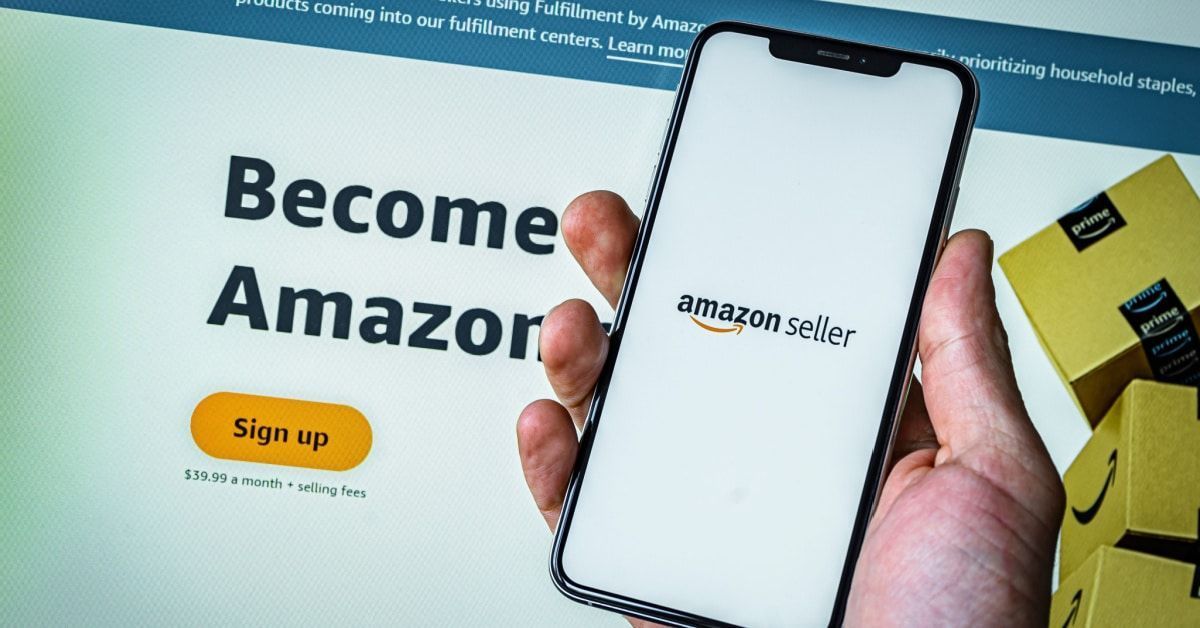
Also last week, the FTC took the rare step of naming specific executives in their ongoing lawsuit against Amazon for allegedly deceptive Prime subscription and cancellation practices.
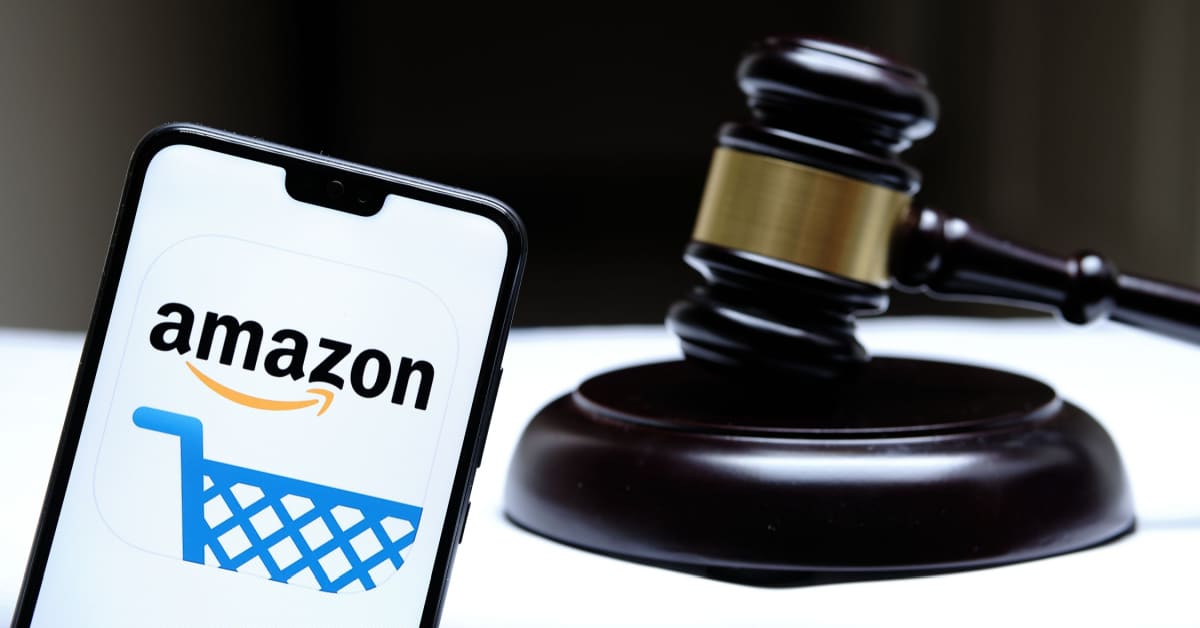
Amazon leadership including Jeff Bezos and 20 members of the board and management were hit with an investor lawsuit in August over massive losses and expansion that investors say has exposed the company to increasing regulatory scrutiny and it will not be surprising if more lawsuits pop up as a result of this latest FTC action against the company.
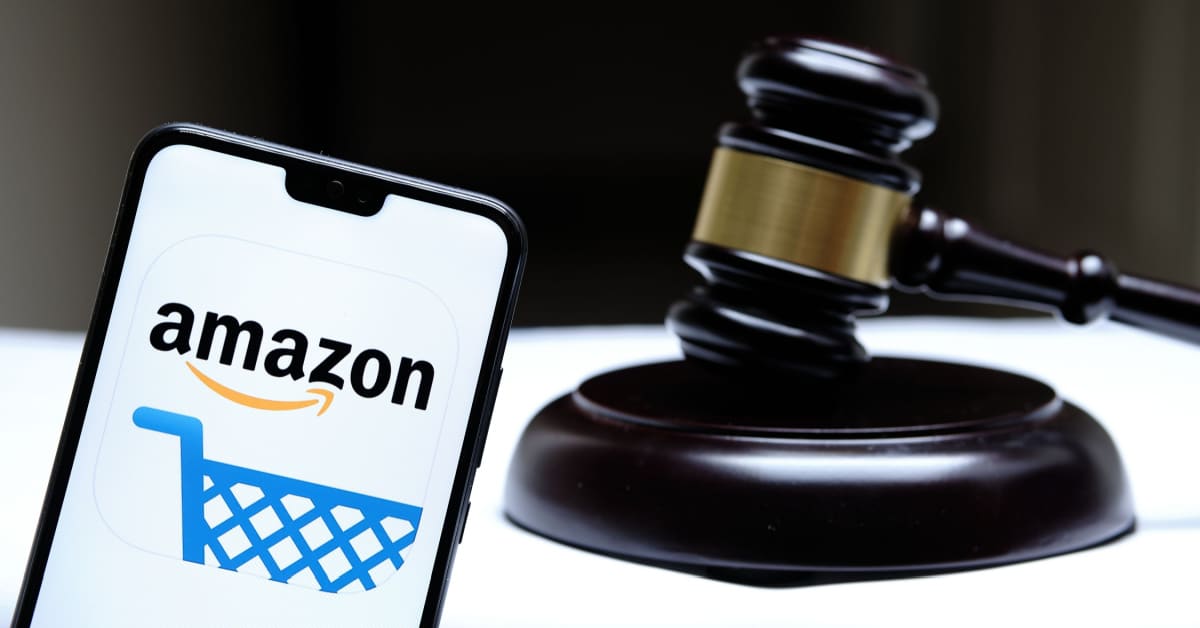
European regulators lodged some similar complaints against Amazon last year, resulting in changes being made to Prime eligibility and Buy Box placement on the EU marketplace.
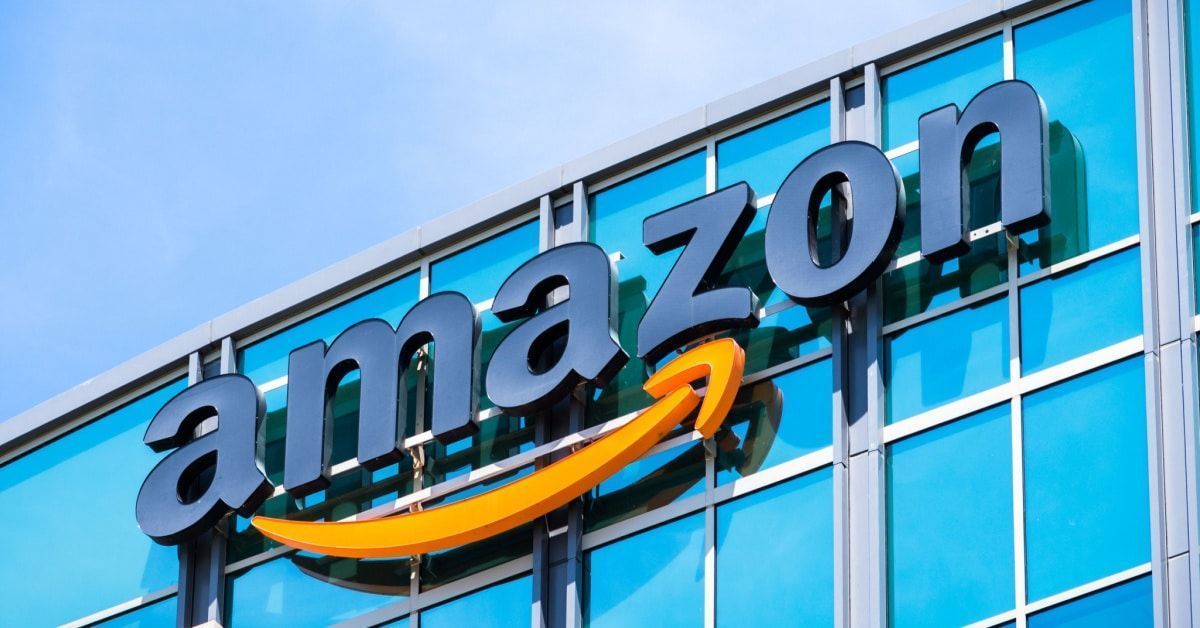
Lina Khan has made it no secret that she has had her sights set on Amazon for quite some time, but there's no question this case goes far beyond the ecommerce giant and could have far reaching consequences throughout the entire industry.



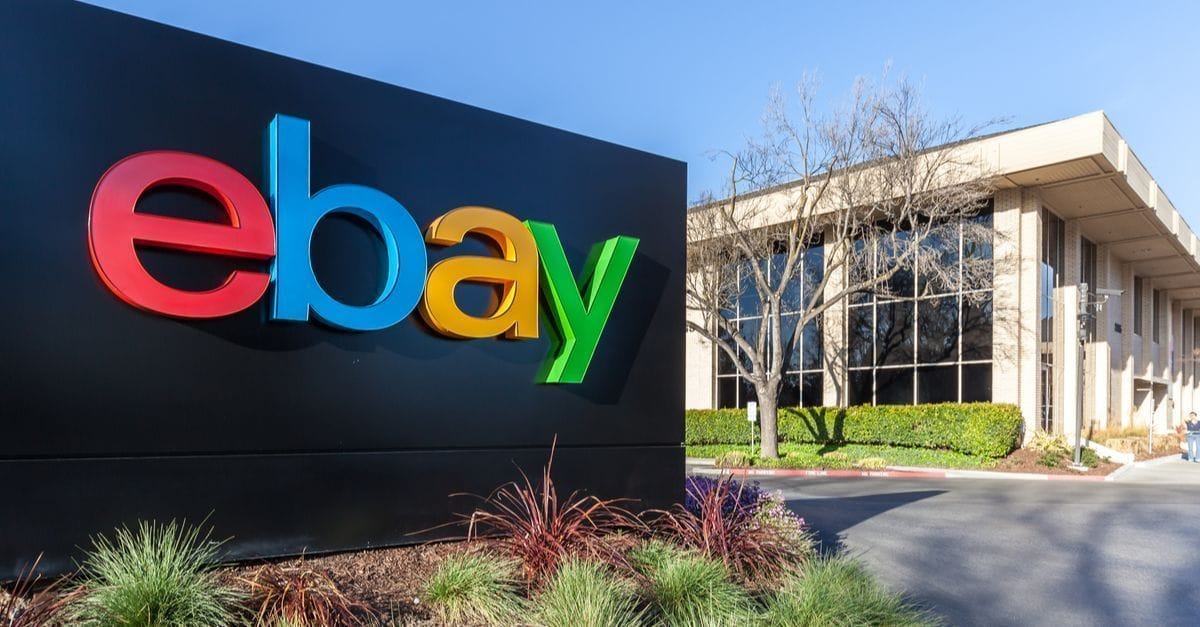

 Concerned
Concerned












